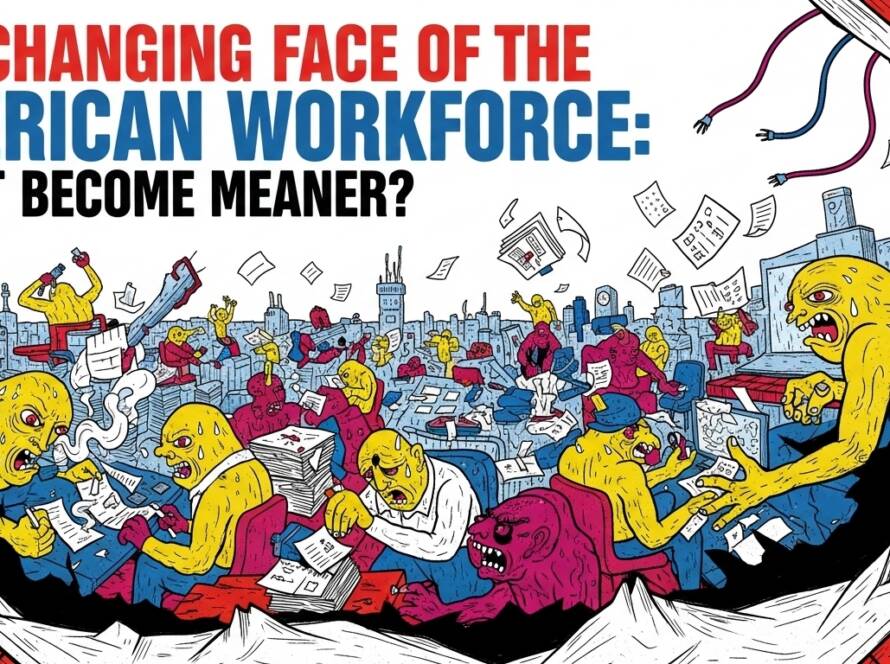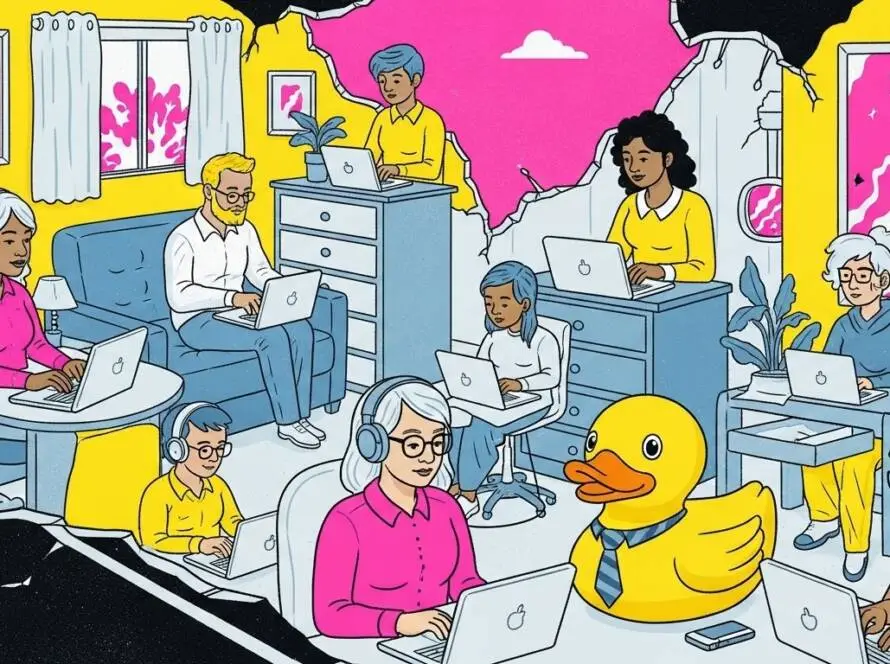A Personal Perspective
We’ve all been there—working under a manager who seems more like a roadblock than a guide. It’s a frustrating experience that can leave you feeling undervalued and demotivated. Over the years, I’ve had my fair share of encounters with difficult managers, and through these experiences, I’ve come to understand some of the reasons behind their behavior.
The Challenge of Transitioning to Management
One of the most striking things I’ve noticed is that many managers are promoted based on their technical skills rather than their ability to lead. I once worked with a brilliant engineer who was promoted to a managerial position. While he excelled in his technical role, he struggled to establish a connection with his team. He often failed to communicate expectations clearly, which led to confusion and frustration. It became evident that without proper training in leadership and communication, even the most talented individuals can falter in a managerial role.
The Weight of Responsibility
Another factor that often goes unnoticed is the immense pressure managers face. I recall a period when my manager was under considerable pressure to meet quarterly targets. The pressure was a lot, and it affected her demeanor. She became short-tempered and less approachable, which created a tense atmosphere in the office. It was clear that her frustration stemmed from external pressures rather than any issues with the team. Understanding this helped me empathize with her situation, even if it didn’t excuse her behavior.
The Communication Gap
Miscommunication can also significantly impact how managers are perceived. I once had a manager who would provide feedback in a way that felt vague and unhelpful. Instead of offering constructive criticism, she would point out what was wrong without explaining how to improve. This left us feeling lost and unsure of our performance. It highlighted the importance of clear communication in fostering a positive work environment.
Different Styles, Different Expectations
We all have different preferences when it comes to management styles. Some people thrive under a collaborative approach, while others may respond better to a more authoritative style. I’ve experienced both extremes. A previous manager was very hands-on and involved, which I appreciated, while another took a more distant approach, leaving me feeling unsupported. When a manager’s style doesn’t align with the team’s expectations, it can lead to frustration and disengagement.
The Human Element
It’s also essential to remember that managers are human too. They have personal lives that can affect their work behavior. I once had a manager who was going through a tough time personally, and it showed in her interactions with the team. She was often distracted and less patient. Recognizing that everyone has their struggles can help foster empathy, even when it’s challenging to deal with difficult behavior.
The Impact of Organizational Culture
Lastly, the organizational culture can significantly influence managerial behavior. In a previous job, the company promoted a highly competitive environment where managers felt they had to be tough to succeed. This led to a culture of fear rather than collaboration. It was disheartening to see how this affected not just the managers but the entire team’s morale.
Conclusion
Navigating the complexities of working with difficult managers can be challenging, but understanding the underlying reasons for their behavior can make a difference. By fostering open communication and empathy, we can work towards creating a more positive and productive workplace. After all, we’re all in this together, striving for success in our own ways.
Disclaimer:
The information provided in this blog is for informational purposes only and should not be considered professional advice. While we strive to provide accurate and up-to-date information, we make no guarantees about the completeness or reliability of the content. Any actions you take based on the information in this blog are at your own risk. Additionally, this blog may contain affiliate links, and we may earn a commission from purchases made through those links.



